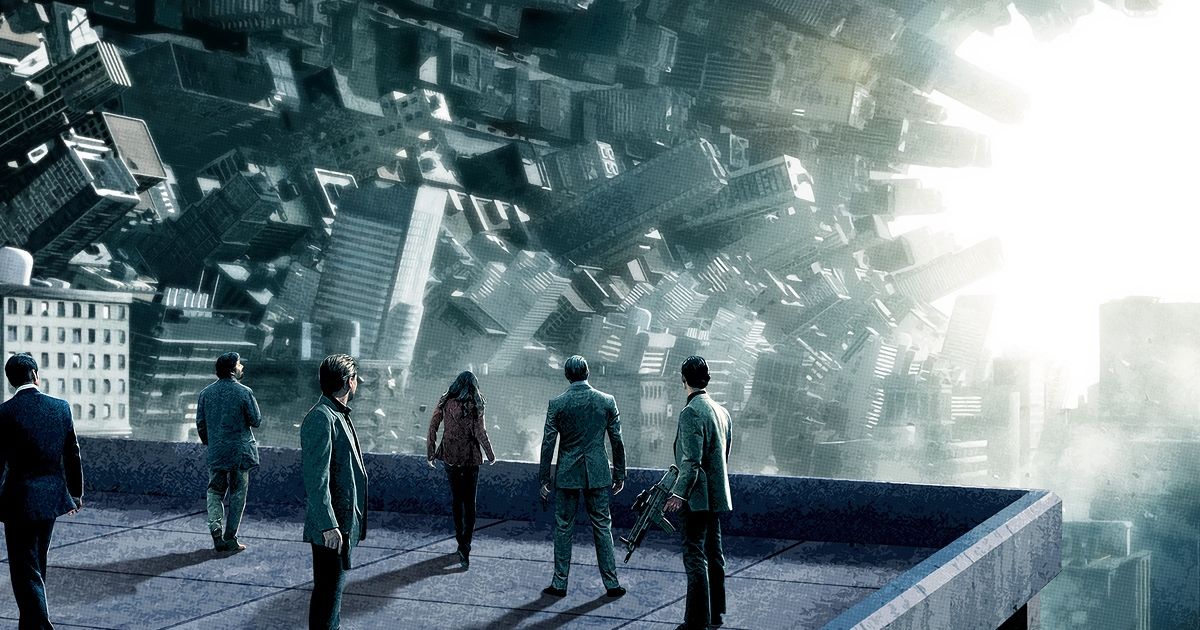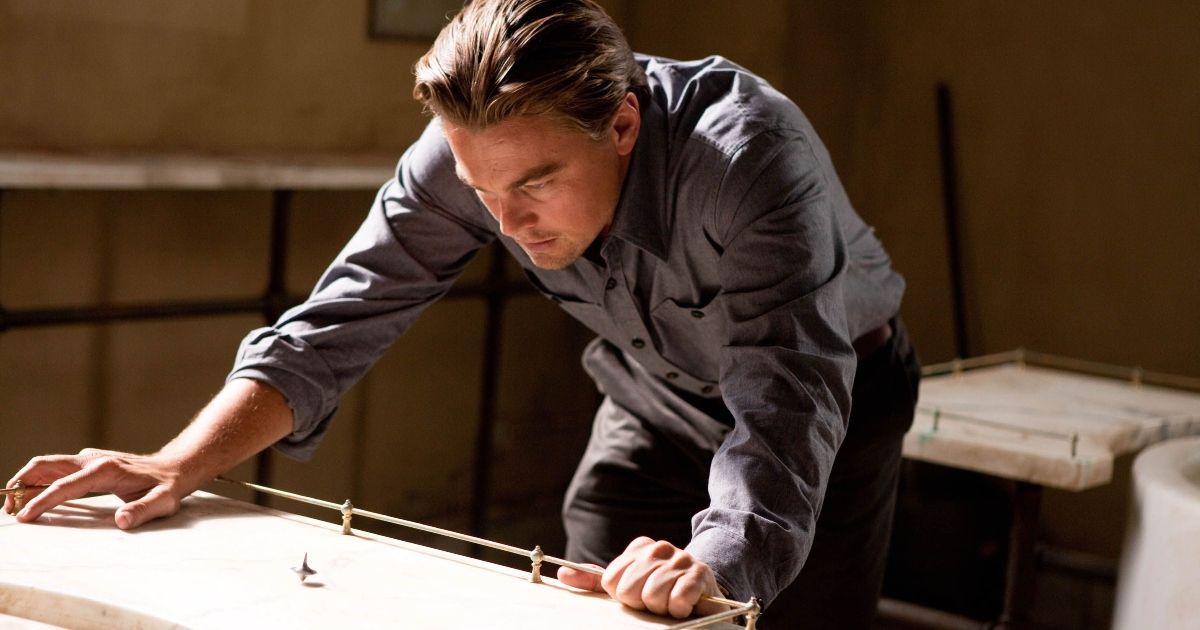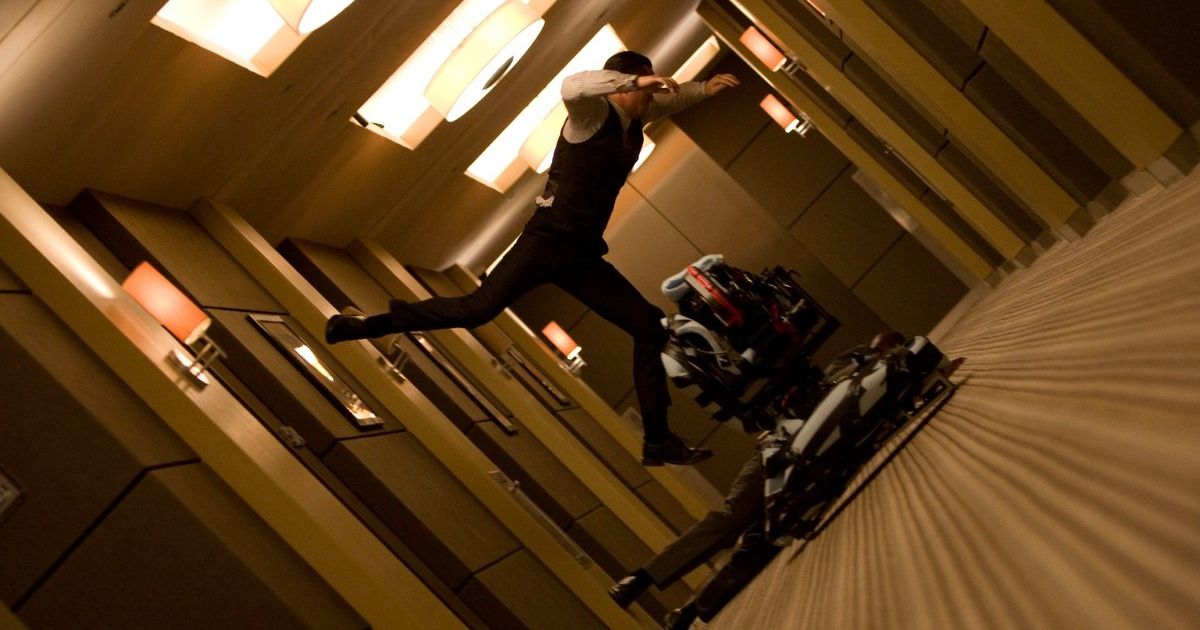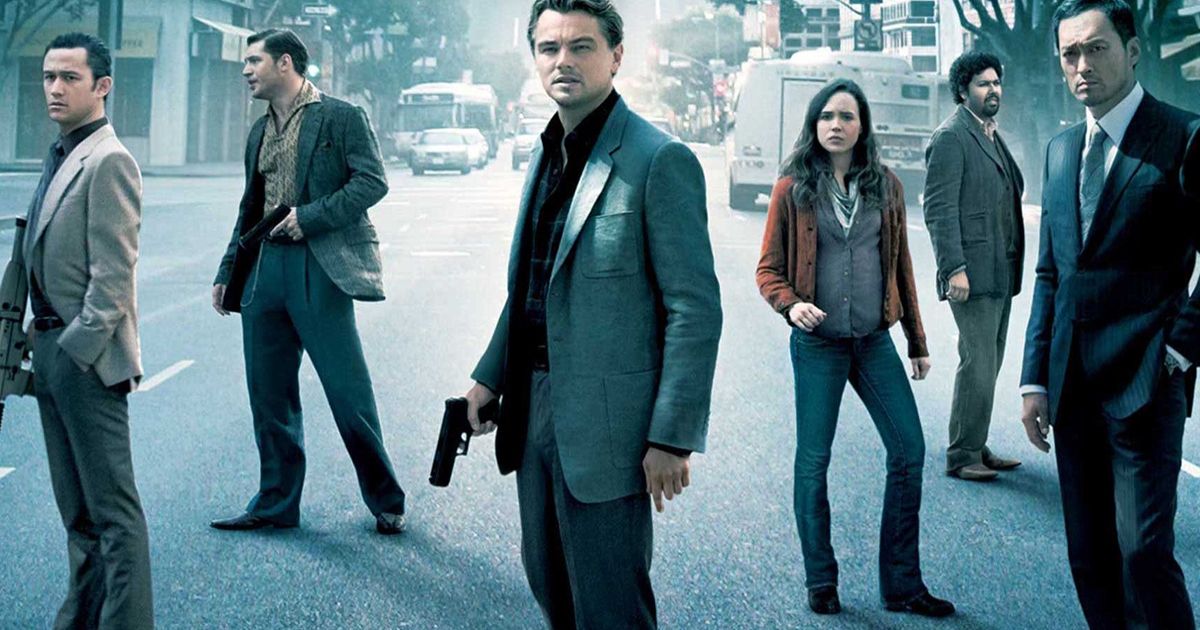It is hard to imagine Inception being released 12 years ago. Following the box office juggernaut that was The Dark Knight, Christopher Nolan decided to craft an original science fiction film, and Warner Brothers' marketing made it a summer tentpole movie. The trailers were vague, the title was not an action-grabbing buzzword, and what little information was known about the movie, like it taking place in dreams, raised more questions that traditionally may have put audiences off.
Yet audiences fully embraced Inception. It was the number one film at the box office for three weeks straight. It grossed $292 million domestically and $826 worldwide, and was nominated for eight Academy Awards, winning four (Best Cinematography, Best Sound Editing, Best Sound Mixing, and Best Visual Effects). The term 'inception' quickly became part of the public lexicon, and most people immediately knew what it meant upon utterance. What seemed like such a big risk turned into a film sensation that still endures after all these years.
Inception quickly became known for its complicated internal logic which some audiences found confusing and hard to follow, with an ambiguous ending and mature themes that for many felt so unlike any other type of mainstream blockbuster. Audiences are still trying to make sense out of the ending (even star Leonardo DiCaprio doesn't understand it), though its ambiguity is part of the point. It felt like Warner Bros. and Christopher Nolan slipped an arthouse film into theaters under the guise of a big action movie and got the world to embrace it. Yet, while it may not fit that exact definition upon closer inspection, it did have a major impact that can still be felt today.
Inception is Not an Art Film
Right up front, despite its high-concept ideas and multilayered dream-within-dream structure, Inception is by no means an arthouse film. An art film is a loose idea but is conventionally an independent production, typically not made for commercial gain, and also tends to be unconventional, prioritizing mood and aesthetics over plot and characterization. Art films range from great experimental movies to low-budget, moody indies, from Stan Brakhage to Derek Jarman.
Inception meanwhile, even though it deals with dreams, is a very linear picture, with a clear plot and stakes established using the framework of a heist movie to get out its more complicated ideas. It was a major tentpole released by Warner Bros. with a high-profile director and an all-star cast released in the summer movie season as a sci-fi action film. Inception has more in common with high-concept science fiction films of the 1990s like Total Recall and The Matrix than the more abstract arthouse favorites of the 2000s like Tree of Life or Enter the Void. Just because it was not based on a comic book superhero or a pre-existing novel does not make it automatically an art film.
Inception Kicked Off a Major Sci-Fi Trend
Inception was released seven months after Avatar, and the two films' proximity to one another did kick off a wave of high-profile science fiction films aimed at an older audience. 2011's Source Code, 2012's Prometheus, 2013's Gravity, 2014's Interstellar (which was also directed by Christopher Nolan) and Ex Machina, 2015's The Martian, 2016's Arrival, 2017's Blade Runner 2049, 2018's First Man, 2019's Ad Astra, 2020's Tenet, and recently, 2021's Dune all followed this template to some degree.
While there had been more mature science fiction films released before Inception, when Nolan's film hit the big screen in 2010, science fiction was mainly the stuff of action films trying to be the next Star Wars or The Matrix. Yet Inception did inspire more studios to take risks on big budget, highbrow sci-fi that could not only appeal to a primarily adult audience but could be major awards contenders. Gravity, The Martian, Arrival, and Dune all secured nominations for Best Picture at the Academy Awards in the years they were released, and many walked away with some major technical awards.
One of the Last Times an Original Idea Made the Top 10
Part of the reason Inception is incorrectly labeled an art film is not just the small number of art films that actually get released and seen by general audiences, but also how much of Hollywood has been dominated by franchises, to the extent that an original idea can be incorrectly mistaken as something more.
One notable thing about Inception which many people like to regard is that it's one of the last times an original movie, meaning not based on pre-existing source material or a biopic, cracked the domestic top 10 at the box office. Inception was the sixth highest-grossing film at the domestic box office in 2010, with the only other original film being Despicable Me. In the years since, only five original movies have cracked the domestic Top 10. Three were all animated films released in 2016 (Zootopia, Secret Life of Pets, and Sing) with the other two being 2012's Ted and 2013's Gravity.
This means that it has been almost a decade since an original movie that was not an animated kids' movie has made the top 10 domestic box office. Does that say anything about culture, and will it happen again? While it seems uncertain, if the box office tells any story it's that nobody knows anything. Nobody could have predicted Inception would be a blockbuster, so the next Inception might be just around the corner and nobody knows it.




